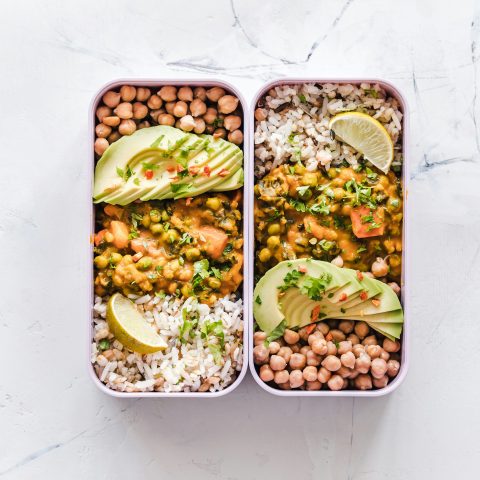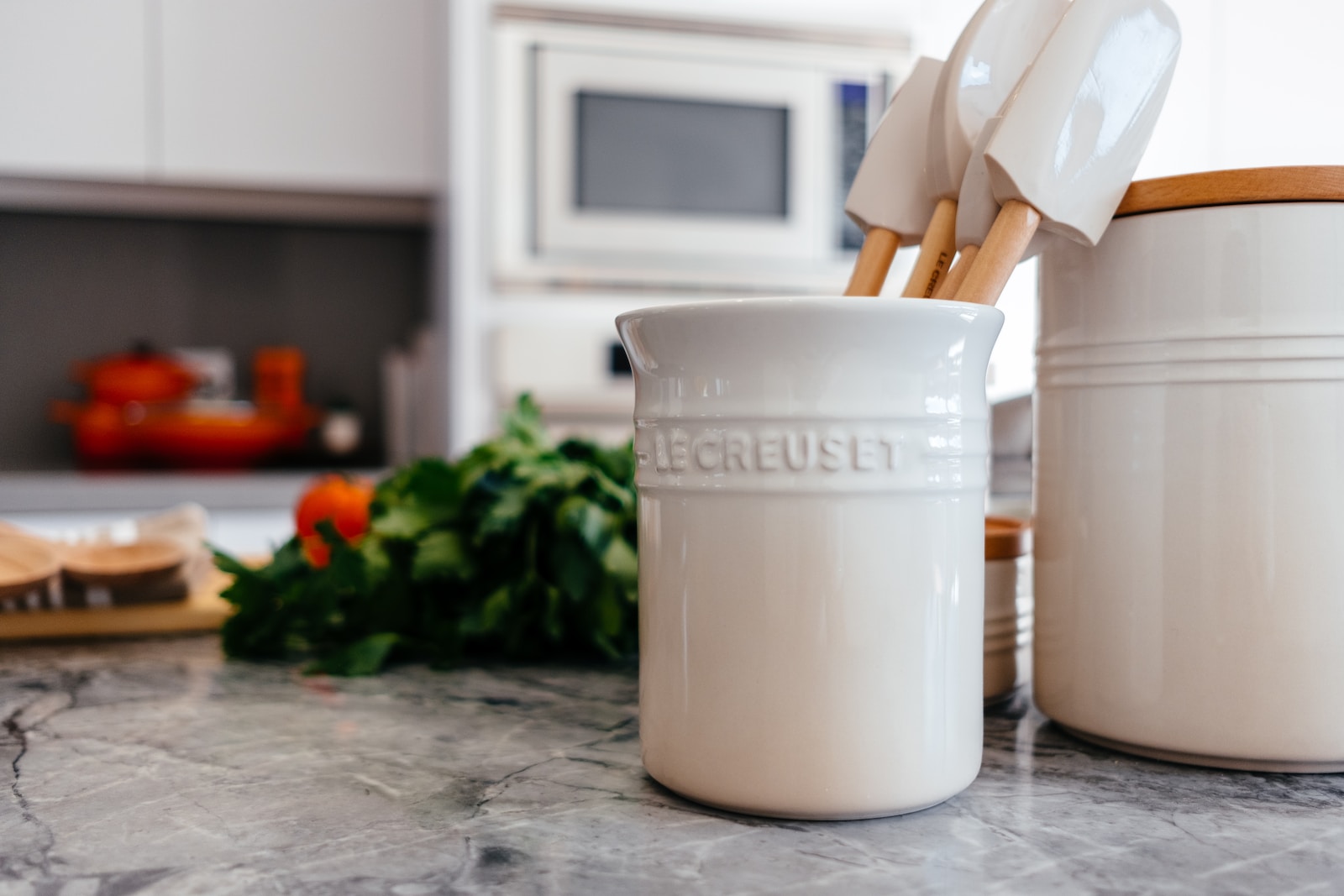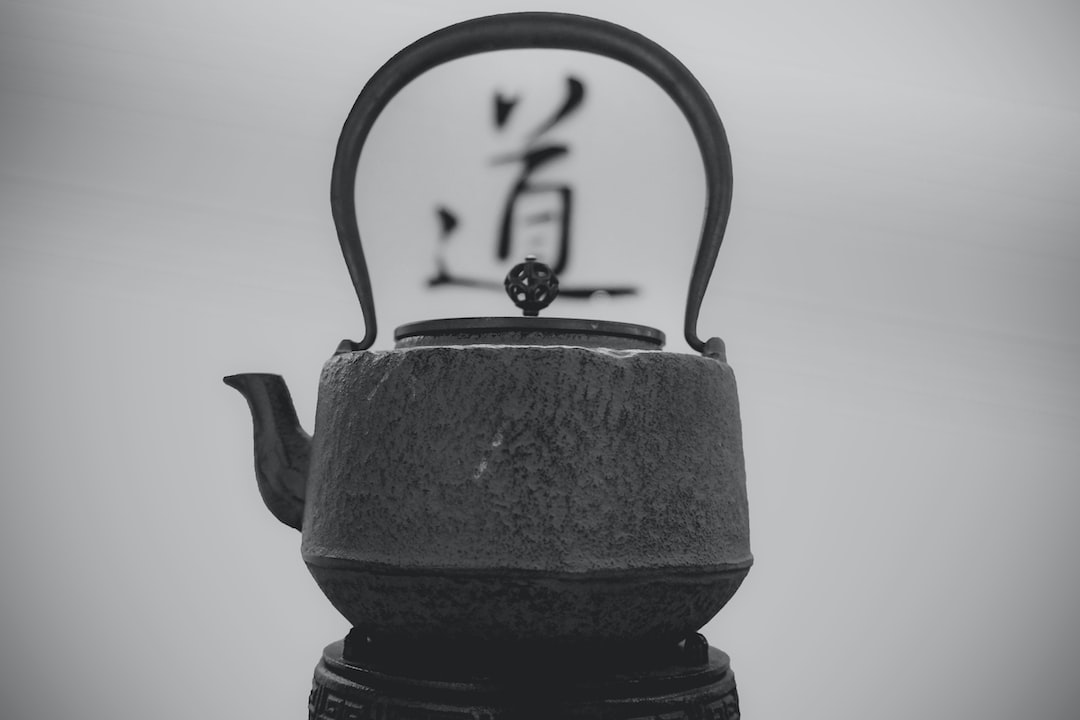Ladle of Contents
Key Takeaways:
- Selecting the right utensils for your kitchen is essential for efficient and enjoyable cooking.
- Different materials, such as bamboo, wood, silicone, metal, and nylon/plastic, have their own pros and cons.
- Bamboo utensils are durable, affordable, and environmentally friendly, but require extra maintenance.
- Wood utensils are elegant, germ-resistant, but stain easily and need regular oiling.
- Silicone utensils are heat resistant, affordable, and available in various colors, but can be damaged by sharp knives.
- Metal utensils are durable, easy to clean, dishwasher safe, but may cause superficial scratches on stainless steel.
- Nylon/plastic utensils are affordable, dishwasher safe, but melt easily and are less aesthetically pleasing.
Introduction
Having the right utensils in your kitchen can make a world of difference in your cooking experience. From stirring and flipping to serving and whisking, the right utensil can help you achieve great results and make your time in the kitchen more enjoyable. However, with so many options available, it can be challenging to determine which utensils are the best fit for your needs. In this comprehensive guide, we will explore different utensil materials and their pros and cons, helping you make an informed decision when selecting the best utensils for your kitchen.
Bamboo Utensils: Sustainable and Durable
Pros:
- Durable
- Affordable
- Easy to clean
- Stain and odor resistant
- Environmentally friendly
Cons:
- Not dishwasher safe
- Extra maintenance required
Bamboo utensils are an excellent choice for those looking for a sustainable and durable option. Bamboo is a renewable resource that grows quickly, making it an environmentally friendly choice. These utensils are known for their durability and affordability. They are easy to clean and resistant to stains and odors. However, bamboo utensils are not dishwasher safe and require extra maintenance. To prevent them from absorbing moisture, they should be hand washed and occasionally oiled to prevent them from becoming dry and brittle.
Wooden Utensils: Classic and Elegant
Pros:
- Germ and bacteria resistant
- Easy to grip
- Durable
- Elegant
Cons:
- Difficult to clean
- Stain easily
- Not dishwasher safe
- May splinter and crack if not cared for
Wooden utensils have a timeless appeal and are a staple in many home kitchens. They come in various styles and types, allowing you to choose the ones that suit your preferences. Wooden utensils are naturally resistant to germs and bacteria, making them a hygienic choice. They are easy to grip and provide good control while cooking. However, wooden utensils can be difficult to clean and are not suitable for the dishwasher. They are porous and can stain easily. Regular oiling is necessary to maintain their condition and prevent splintering and cracking.
Silicone Utensils: Flexible and Heat Resistant
Pros:
- Long-lasting
- Heat resistant
- Dishwasher safe
- Affordable
- Many color choices
Cons:
- Easily damaged by sharp knives
- Not always 100% silicone
Silicone utensils have gained popularity in recent years due to their versatility and durability. They are highly affordable and available in a wide range of colors to match your kitchen decor. Silicone utensils are heat resistant, typically up to 650°F, which means they won’t melt or scorch easily.
Their flexibility makes them highly durable for various cooking tasks. However, it’s important to be cautious with sharp knives, as silicone can be easily damaged. When purchasing silicone utensils, be aware that some products may not be 100% silicone, which can affect their durability and heat resistance. To check if your utensils contain fillers, simply bend them slightly and look for any white marks.
Metal Utensils: Sturdy and Easy to Clean
Pros:
- Durable
- Attractive
- Thin and sturdy
- Easy to clean
- Dishwasher safe
- Low maintenance
Cons:
- Pricier
- Conduct heat
- Chance of rust
- May cause superficial scratches
Metal utensils, such as stainless steel or aluminum, are known for their durability and attractive appearance. They are sturdy and thin, making them ideal for sliding under delicate foods. Metal utensils are easy to clean and dishwasher safe, requiring minimal maintenance. However, they tend to be pricier compared to other materials. When using metal utensils with stainless steel pots and pans, there is a slight chance of causing superficial scratches. While these scratches don’t harm the cookware’s performance, some may prefer to avoid them for aesthetic reasons. Additionally, certain metals may conduct heat, so caution should be exercised to avoid burns. Regular cleaning and drying are necessary to prevent rusting.
Nylon/Plastic Utensils: Affordable and Functional
Pros:
- Durable
- Affordable
- Dishwasher safe
- Rigid and good for flipping
Cons:
- Food sticks
- Melt easily
- Less elegant
Nylon and plastic utensils are the most affordable options available. They are durable and dishwasher safe, making them convenient for everyday use. These utensils are rigid and excel at flipping foods. However, they are more prone to food sticking, which can result in a more challenging cleanup process. Nylon and plastic utensils can melt easily if left unattended on a hot stovetop, so caution must be exercised. While they may not possess the elegance of other materials, they offer practical functionality at a budget-friendly price point.
Conclusion
Selecting the best utensils for your kitchen is a personal choice that depends on your cooking preferences and needs. Consider the pros and cons of different materials, such as bamboo, wood, silicone, metal, and nylon/plastic, when making your decision. Bamboo utensils are sustainable and durable but require extra maintenance, while wooden utensils are classic and elegant but can stain easily. Silicone utensils offer flexibility and heat resistance but can be damaged by sharp knives. Metal utensils are durable and easy to clean but may cause superficial scratches on stainless steel. Nylon/plastic utensils are affordable and functional but may melt easily and are less aesthetically pleasing. By understanding the characteristics of each material, you can equip your kitchen with the best utensils to enhance your cooking experience.








